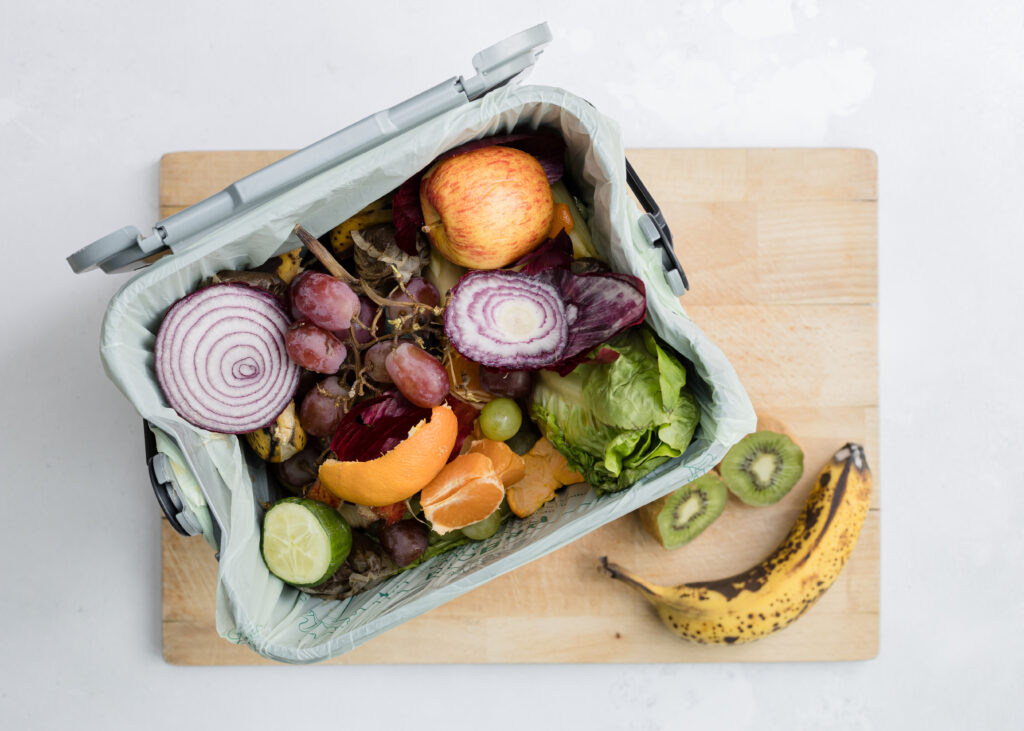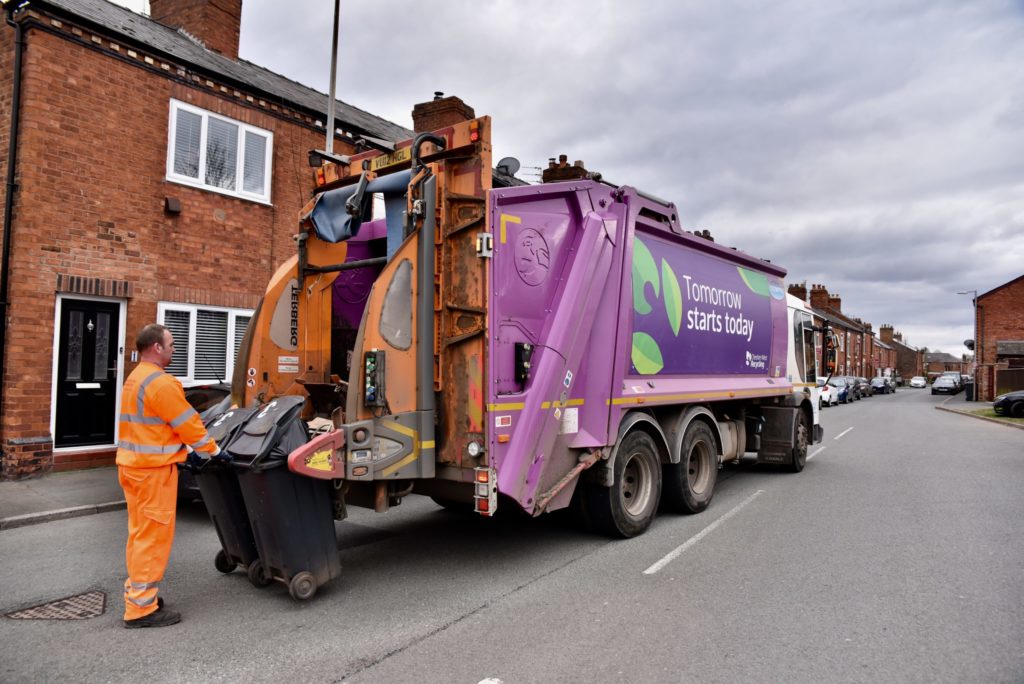“An extra $8 a week? You must be joking!”
After confirming that our property tax would be more than 3 times our UK council tax bill, the town clerk mentioned as an afterthought that we would need to engage a contractor as our new hometown doesn't provide a waste collection service.
Welcome to the US free market, where waste – trash – appears to be more of a personal than public problem.
Vermont is one of the smallest states, with the greatest density of cows per head of population in the US and the home of Ben & Jerry's. It's also proud of its progressive social and environmental policies (the only State ever to send a self-declared Socialist to the Senate) and the State's leaders regularly consider seceding from the Union.
“Buy organic”
It's a State where everyone appears – and claims – to recycle, buy organic and be members of farm produce schemes. It's also the only place I've seen an “EAT MORE KALE” bumper sticker.
Like the rest of the States many people are still wedded to pickups, even with rocketing gas prices, but there's a smattering of Priuses on the road now the snow's gone and the studded tyres have been put away until next winter.
Charlotte VT, (pop 3000 + cows + a few goats & dogs) has clubbed together with neighbouring towns in the county to form a Solid Waste District, a public/private organisation that organises disposal and recycling, education and information. The SWD runs landfills, transfers stations and the like, taking materials from private contractors or from the public who turn up with their bags of waste and recyclables.
But there's no “free” service bundled into local taxes. Householders must pay a contractor directly, or haul the waste themselves and pay at the gate. Paying for waste is new for our expat family, and we decided to explore options before calling one of the specialist collectors operating in our small town.
Gate fees at the drop-off centres are low – $1.75 for an 18 gallon kitchen bag, $3.25 for a 33 gallon black bag and $25 for a cubic yard. Recyclables are taken for free.
So how little can you pay? That was the challenge we set ourselves.
As soon as the snow melted (mid-April) we made our compost pile. We're lucky as there's no limit to how much we can use on our smallholding.
We also maxed out on free recycling boxes from the town hall: we've three, one which stays in the kitchen, the others in the garage. The District operates “all in one recycling”, which came as a bit of a shock as back in the UK we were used to dealing with two recycling boxes, a garden bag and black bag of residual waste. Each of our VT recycling boxes is filled with a mixture paper, plastics, and the occasional glass jar or cans.
Bottle refunds
A large proportion of glass waste is beer bottles which can be returned at most stores via machines that read the bar code on the label, calculate our refund and print credit vouchers which can be used at that store. The only problem is remembering what beer was bought at which store: Vermont has the greatest concentration of microbreweries in the US and not all brands are available from all stores.
The town's stated policy is that recycling is mandatory for recyclable material, although how that is enforced is a mystery given the town also has 5 acre zoning, so each house has plenty of space for an illicit dump – although we've seen no evidence of this.
However, the “all in one” approach our ability to compost and charges for residual waste means that in practice we separate around 70% of our waste for recycling, and we think we're a fairly typical household. How much is actually recycled is a different matter: neither town nor solid waste district publish their recycling rates.
After composting and separating recyclables we're left with one 18 gallon bin bag every two weeks or so. This costs $1.75 at the local drop off site which we use when we're going into town on errands.
Collection would cost $16, so we're saving dollars and thinking more carefully about our waste. So we're unlikely to opt for a collection service: DIY waste seems to be the way to go.










Subscribe for free